 The Scarlet Imperial
The Scarlet Imperial (1946) is an engrossing, fast-paced crime novel written by Dorothy B. Hughes. Born in 1904, Hughes was a journalist, author, poet, historian, and literary critic. She wrote many detective, mystery, thriller, and crime novels in the noir style. Hughes also penned a biography of Erle Stanley Gardner, who wrote the Perry Mason stories. Previously this year, I read her novel
In a Lonely Place, which was a fascinating book.
During her career, Hughes received four Edgar Allan Poe awards from Mystery Writers of America. In 1951, she was given an Edgar Award for Outstanding Mystery Criticism. In 1964, she received an Edgar Award for Best Novel for
The Expendable Man. In 1978, she received The Grand Master award from the organization. Lastly, in 1979, she received the award for Best Critical/Biographical Work for
Erle Stanley Gardner: The Case of the Real Perry Mason.
The Scarlet Imperial (also published as
Kiss for a Killer) is the story of Eliza Williams. We meet Eliza on a grey and rainy spring day that feels like autumn. Eliza is posing as a perfect secretary in Manhattan under a false name. She’s an agent, working for a man named Towner Clay, and she’s awaiting word on how to proceed with her unknown assignment.
Eliza is a mystery at first, but eventually, we learn her story. She has struggled through life, and she doesn’t even know her real name. Eliza believes she was born in Manchukuo and that her family were Americans. As a six-year-old girl, she witnessed the brutal murders of her parents and brother because they were white foreigners. Eliza pretended she was dead to survive. Then she wandered with other refugees, passing as Chinese with her dark hair and eyes. Eliza made her way as a roadside beggar until she eventually reached Shanghai at age twelve. There, Eliza began working as a kitchen maid, and later, she got jobs in cafes and in the best hotels.
In Shanghai, Eliza fell in love with an American flyer named Thaddeus Skowa of The Flying Tigers. The pair planned to marry, but he never returned from the war. Thad died in prison, after being accused of stealing the Scarlet Imperial, a magnificent, jeweled egg that was given as a gift by Peter the Great to the Persian Shah.
When Eliza learned that Thad was dead, she tried to kill herself in her grief. She credits a man named Towner Clay with saving her. Towner, who had been in the diplomatic service, took care of Eliza for months when she was sick and brought her out of the East. After she recovered, she began to help him in return. Towner sought artifacts and treasures stolen by thieves and looters during the war and returned them to their owners. After working for him, Eliza shared the story of the Scarlet Imperial with Towner, and he promised to help her find it and return it to the Iranians. Eliza believes that in doing so, she will bring the true thief to justice and clear her beloved Thad’s name.
In the opening chapter, Eliza is handed a mysterious package. She takes possession of it, and learns the box contains the Scarlet Imperial. Can Eliza keep the Imp safe long enough to carry out her plan?
The story has many complex characters who double cross one another. There’s a handsome, sapphire-eyed, Irish man named Gavin Keane who hands Eliza the Scarlet Imperial and makes her promise to return it only to him. Gavin is shot in Eliza’s building, and she nurses and cares for him. Eliza and Gavin are attracted to each other, but neither fully trusts the other. Eliza’s boss is an attractive importer and exporter of rare objects named Bryan Brewer. Is Bry being above board in his quest to obtain the Imperial for a client, and what does he know about the history of the precious object? A glamorous woman named Feather Prentiss flits in and out of the story. Feather has the attention of all the men, much to Eliza’s jealously and dismay. There’s also an FBI agent Jones who interviews Eliza repeatedly after murders occur at her building. Finally, there’s the Iranian envoy Feroun Dekertian.
If Eliza can get the Scarlet Imperial into Dekertian’s hands safely, then will he really clear her dead fiancé’s name? The reader is left guessing about who is deceiving who and what motivates each character.
The Scarlet Imperial a suspenseful and engaging story, and I think it would be fun to see it adapted as a film.
Related Reviews:
In a Lonely Place by Dorothy B. Hughes
Purchase and read books by Dorothy B. Hughes:
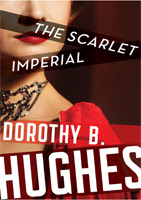
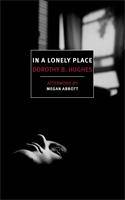

©
penciledpage.com





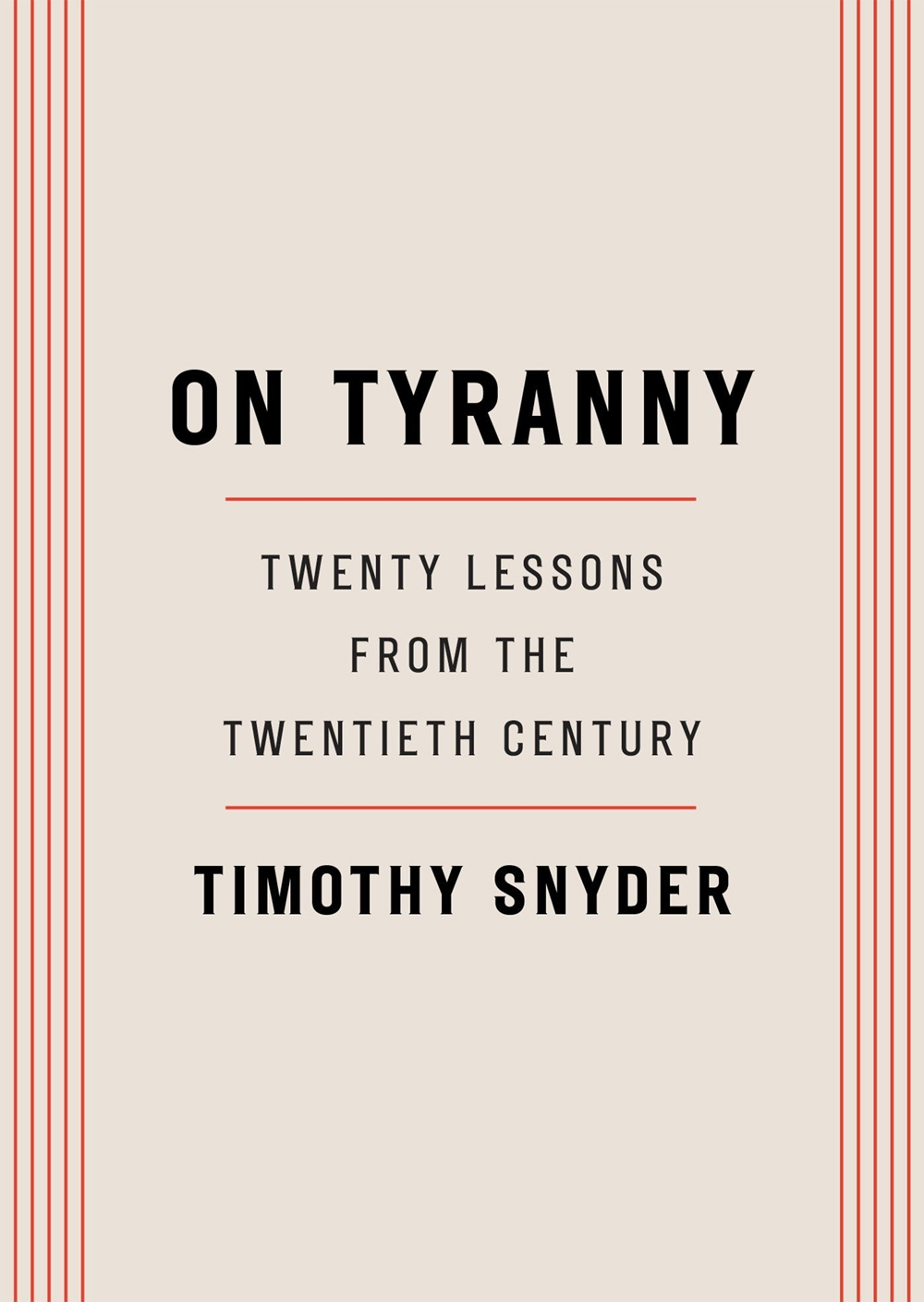
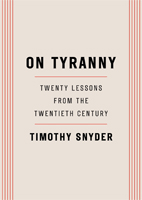






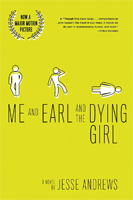
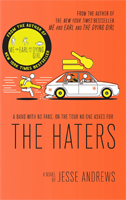

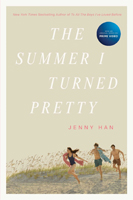


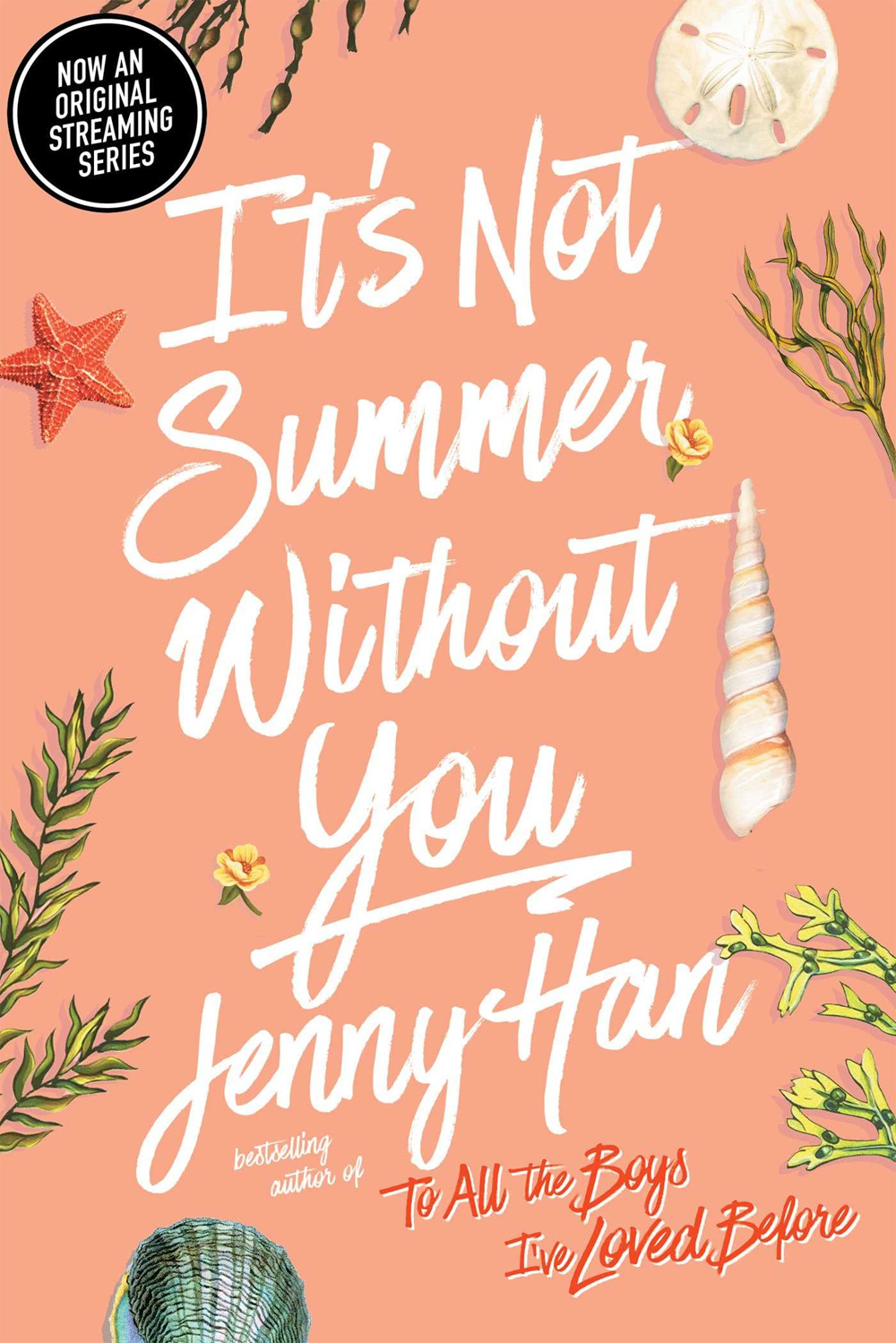
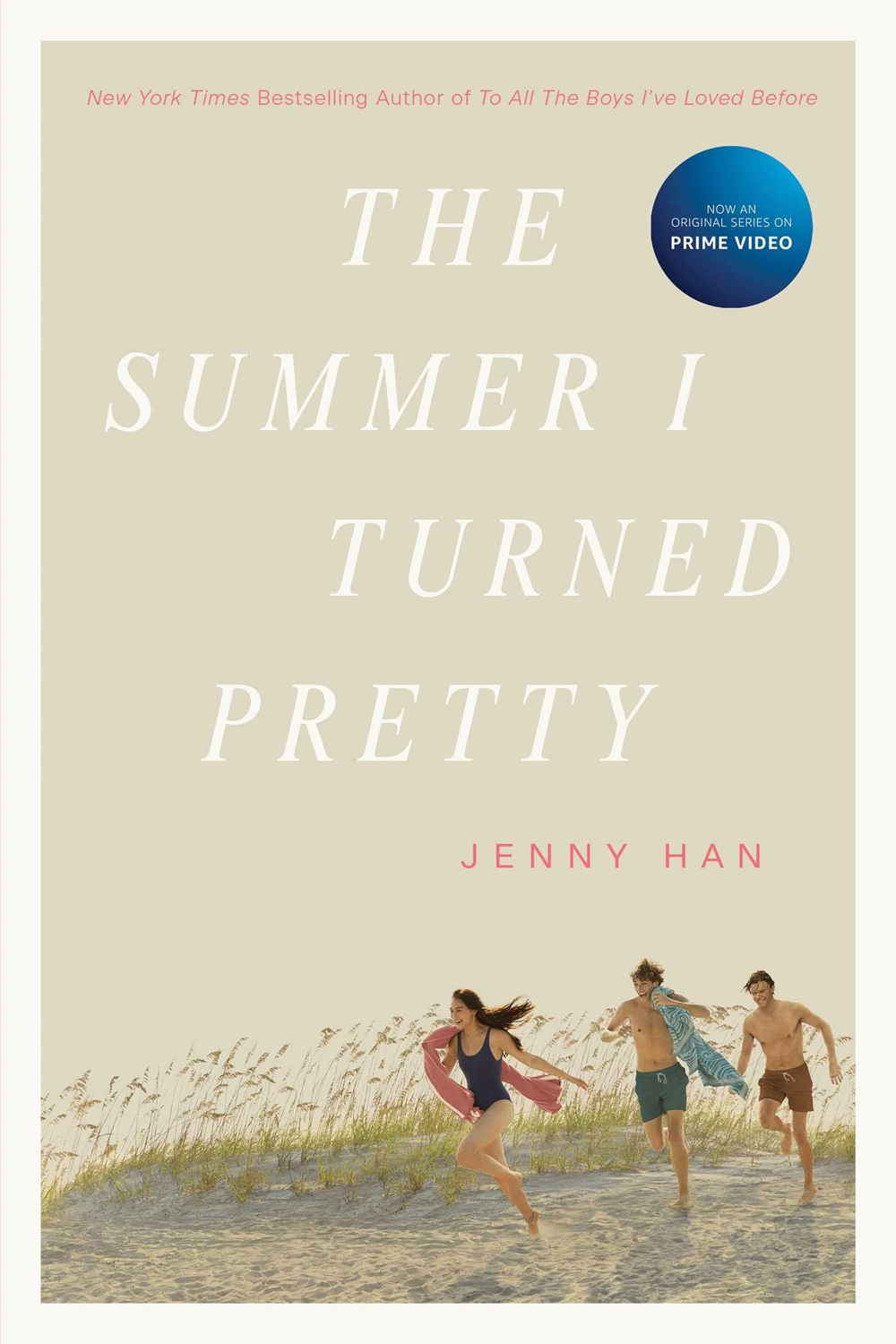
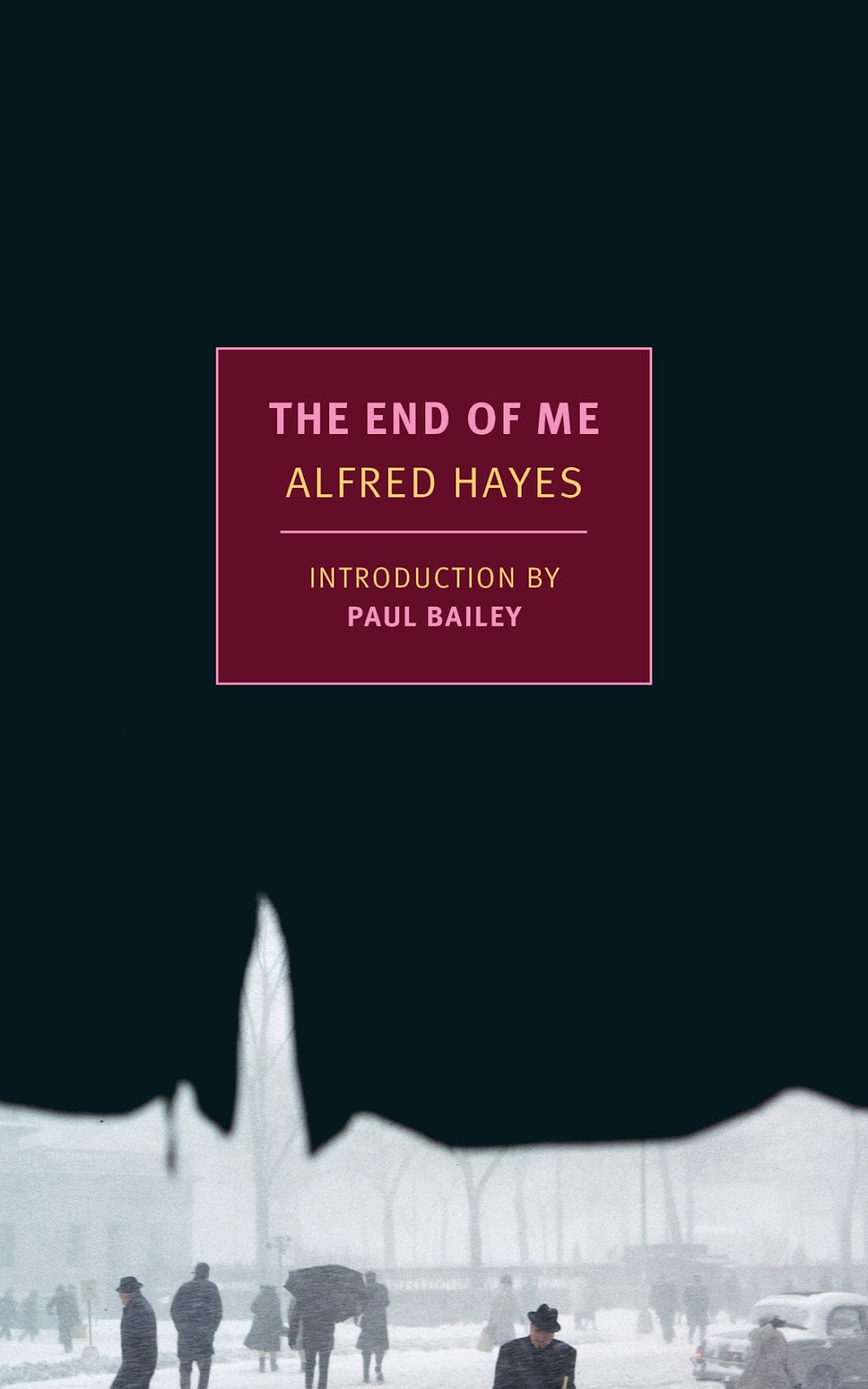
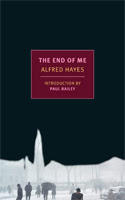
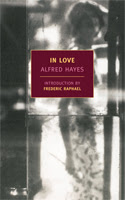

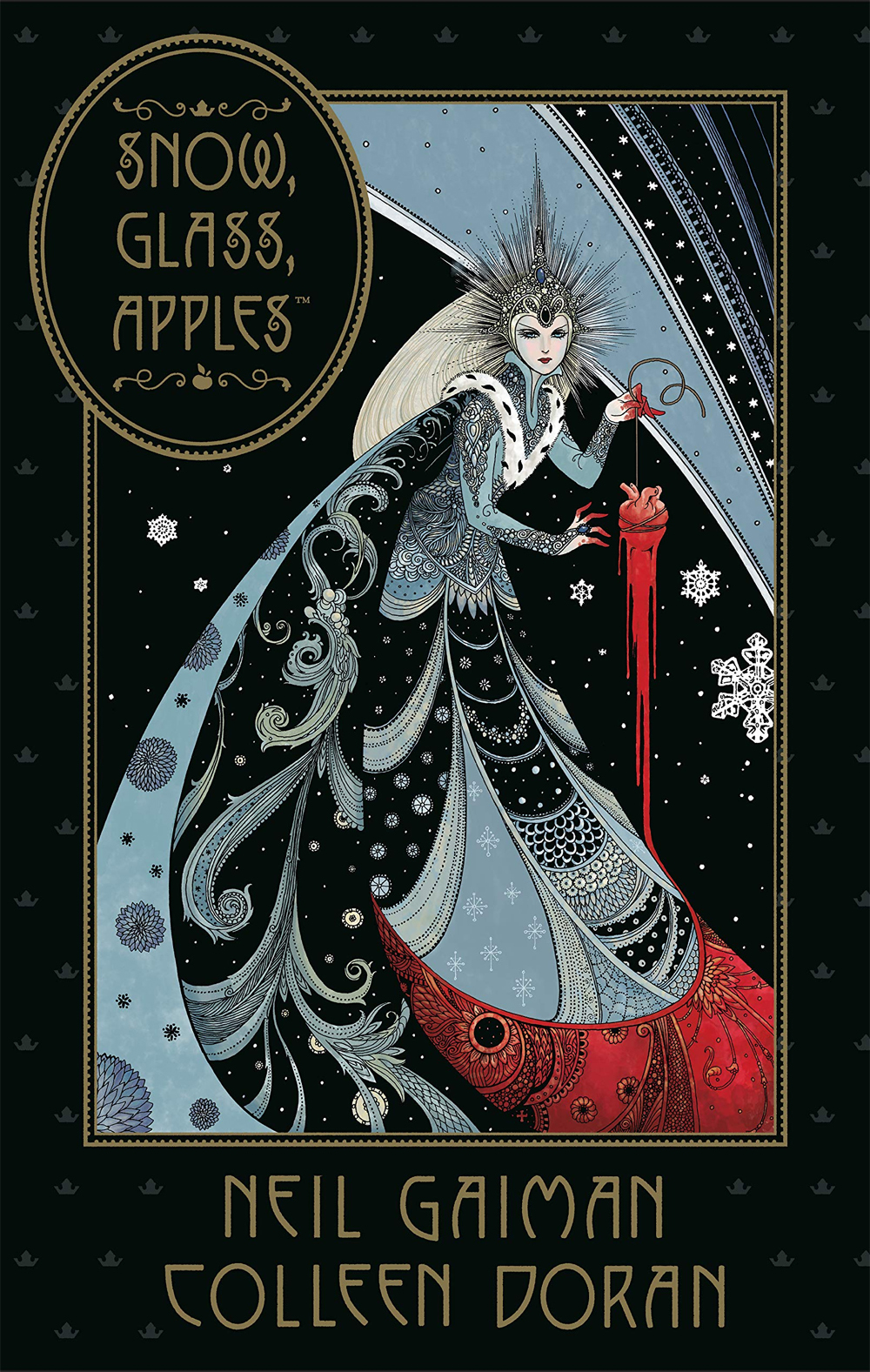
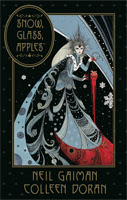
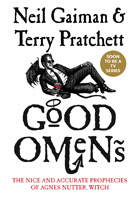



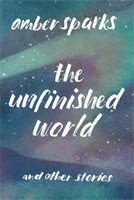
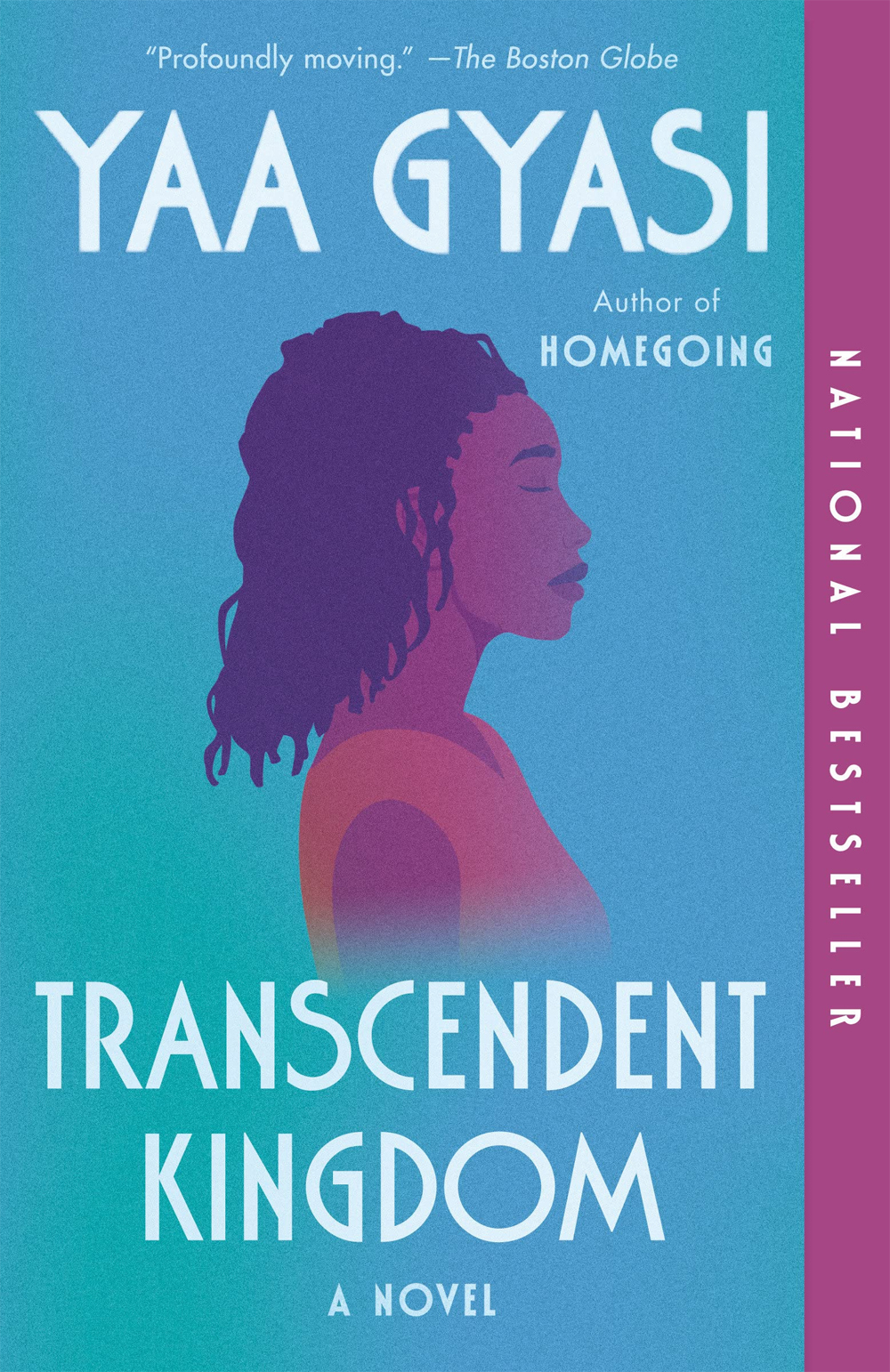
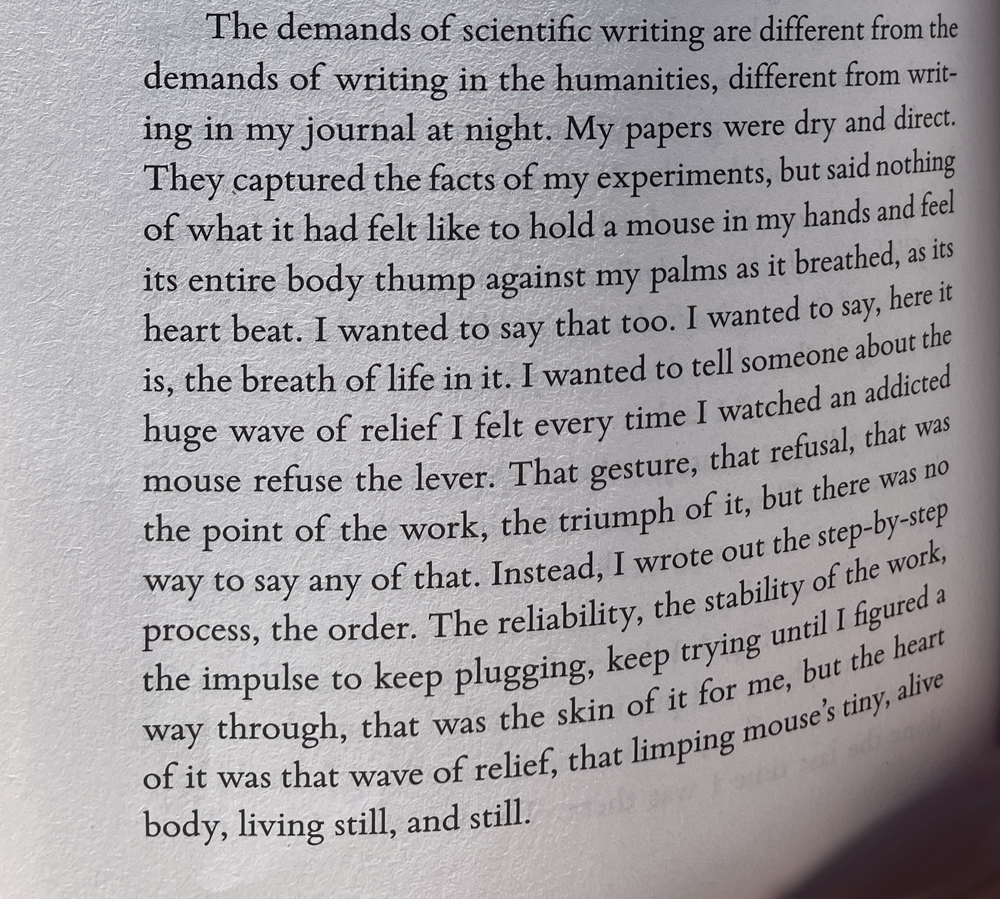
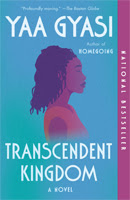


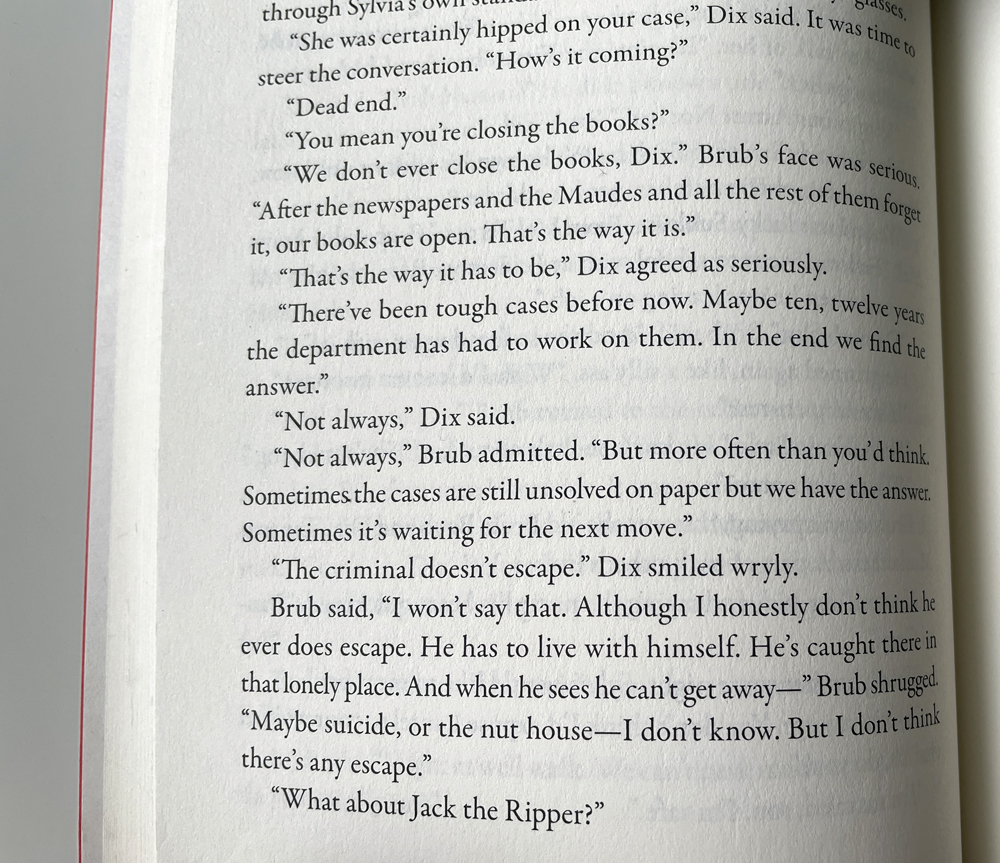




Search This Website